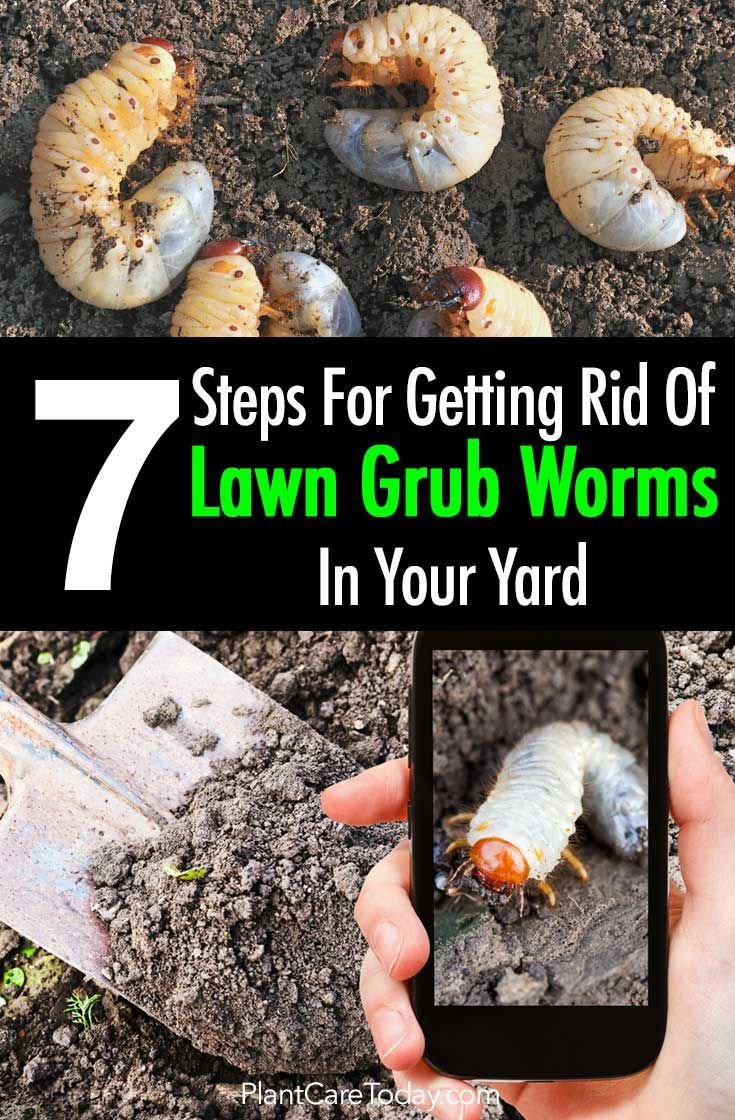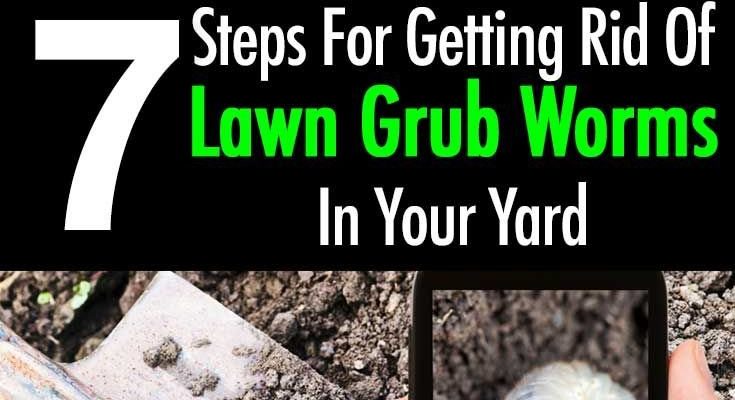
To keep your yard healthy, it’s essential to understand how yard waste can act as a vehicle for grub worms. Think of your yard as a living ecosystem, where every decision matters. If you’re not careful, tossing that pile of leaves or garden scraps can give these pesky critters an all-access pass to your outdoor space. Let’s break down how to avoid this issue while keeping your garden waste-free!
What Are Grub Worms, Anyway?
Grub worms, also known as **white grubs**, are the larval stage of various beetles. Here’s the thing: these tiny critters love to munch on the roots of your grass and plants. They can cause significant damage if left unchecked, leading to discolored patches and even plant death. You might be wondering, “How can I tell if I have them?” Generally, if you see spots of dead grass that pull up easily or birds pecking around your yard, it’s time to investigate.
Understanding the life cycle of these pests is crucial. Grub worms emerge in the soil, often in late summer to fall, and are most commonly found in areas with high organic matter. If your garden has a lot of decaying plant material, you could be setting out a buffet for these pests. So, keeping your yard waste under control is paramount!
The Connection Between Yard Waste and Grub Worms
Yard waste can harbor grub worms and their eggs, making them a prime concern for gardeners. When you dispose of your leaves, grass clippings, or other organic debris improperly, you’re essentially creating an optimal breeding ground for these larvae. It’s like giving them a comfy couch to relax on while they plan their next attack on your lawn.
When this waste is left in piles, especially in moist conditions, it can attract beetles looking for a place to lay their eggs. If you’re not careful and don’t manage your yard waste effectively, this can lead to a cycle of infestation. To prevent this, it’s important to consider how you’re handling your lawn debris.
Best Practices for Yard Waste Disposal
Managing yard waste properly can help you avoid spreading grub worms. Here are some solid practices you can adopt:
- Composting: Composting your yard waste instead of piling it up can help. The high temperatures in a properly managed compost heap can kill off pests and their eggs. Just make sure to turn it regularly!
- Bagging and Disposing: If composting isn’t an option, bagging your yard waste and disposing of it properly is a solid choice. Many local municipalities offer yard waste collection services.
- Burning: In some areas, burning yard waste is allowed, but check local regulations first. This method can be effective but should be done with caution.
By practicing these methods, you can keep your yard clean and reduce the chances of grub worms finding a new home in your garden.
How to Identify Grub Worms in Your Yard
Before diving into prevention methods, it’s important to know how to spot grub worms if they’re already lurking around. Here are some signs to watch out for:
- Patching Grass: Dead patches in your lawn that appear when the grass can be pulled up easily can indicate grub infestation.
- Bird Activity: If you notice a lot of birds pecking at your lawn, they might be searching for grub worms.
- Grub Inspection: You can dig up a small section of your lawn and look for white, C-shaped larvae in the soil.
Identifying these indicators early can help you take action before a small problem becomes a big one.
Natural Ways to Control Grub Worms
If you find grub worms in your yard, don’t panic! There are natural methods to keep them at bay and promote a healthy lawn. Consider the following:
- Nematodes: These microscopic worms can help eliminate grub worms naturally. They enter the grubs’ bodies and release bacteria that kill them.
- Neem Oil: Another option is neem oil, which can disrupt the life cycle of the grubs when applied to your lawn.
- Beneficial Insects: Encourage birds and other predators that naturally feed on grubs. Creating a diverse ecosystem in your yard can help keep pest populations in check.
Taking a natural approach not only helps control grub worms but can also improve the overall health of your garden.
Maintaining a Healthy Lawn to Prevent Infestations
A well-maintained lawn can be your best defense against grub worms. Here are some tips to help keep your grass healthy:
- Regular Mowing: Mow regularly to keep grass at an appropriate height. Taller grass can attract beetles looking to lay eggs.
- Fertilizing: Proper fertilization supports healthy grass growth, making it more resilient to pests.
- Irrigation: Ensure your lawn isn’t too dry or overly saturated. Find that sweet spot for watering!
By prioritizing lawn health, you not only cut down on grub worm attraction but also create a thriving outdoor space for your enjoyment.
Tackling the issue of grub worms doesn’t have to be overwhelming. By managing your yard waste properly and adopting some smart gardening practices, you can prevent these pesky pests from taking over your outdoor sanctuary. Remember to keep an eye out for signs of infestation, and don’t hesitate to take natural control measures when necessary. Your lawn can flourish beautifully without the added headache of grub worms—so grab your lawn tools and get started today!

